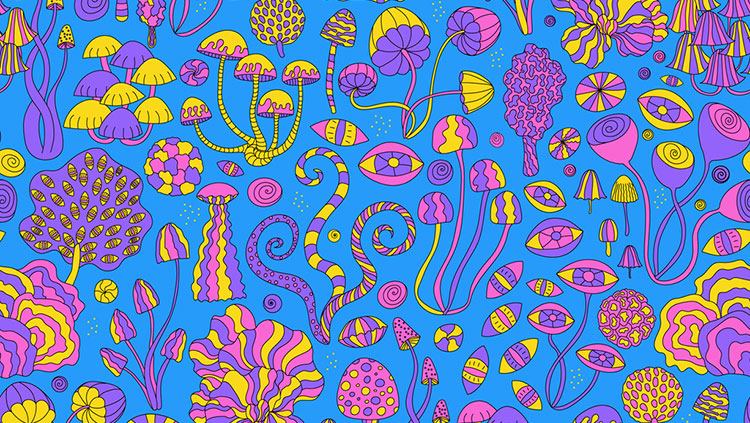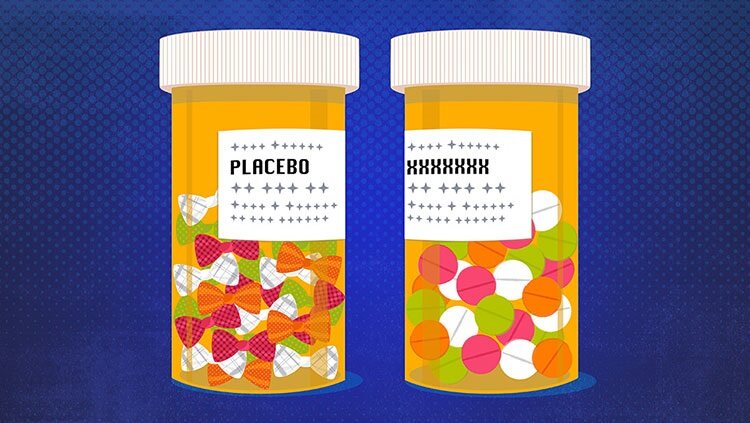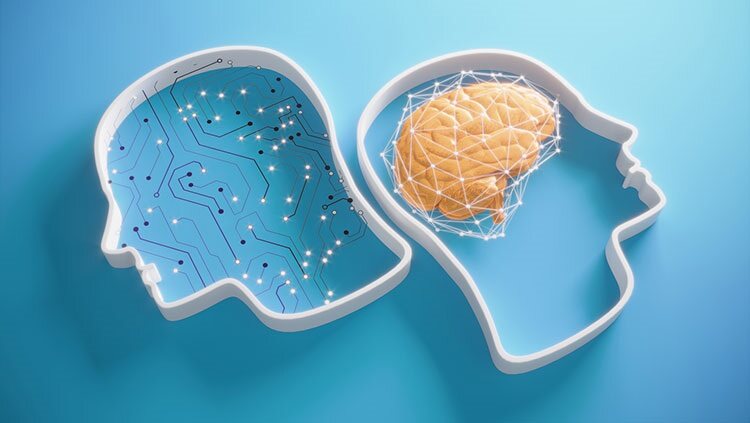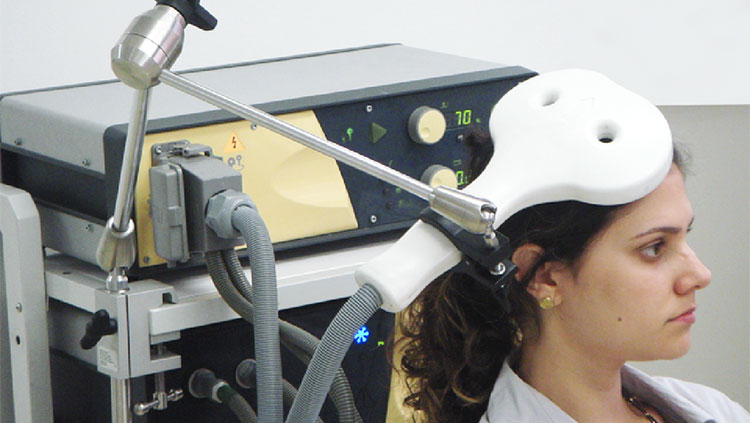Small Molecules and RNAs
- Published1 Apr 2012
- Reviewed1 Apr 2012
- Source BrainFacts/SfN
As our understanding of the processes that underlie brain damage progresses, it is becoming possible to use small-molecule drugs, such as antibiotics and anti-tumor drugs, to alter these processes.
Scientists have had some success developing animal models that are treated with these drugs, which appear to reduce the neuronal damage in ALS, Huntington’s disease, and Parkinson’s disease.
Thousands of small-molecule drug candidates can be tested using high-throughput screening, during which hundreds or thousands of compounds are tested to find those with the desired cellular effect. This process has been used to find therapies for neurodegenerative diseases.
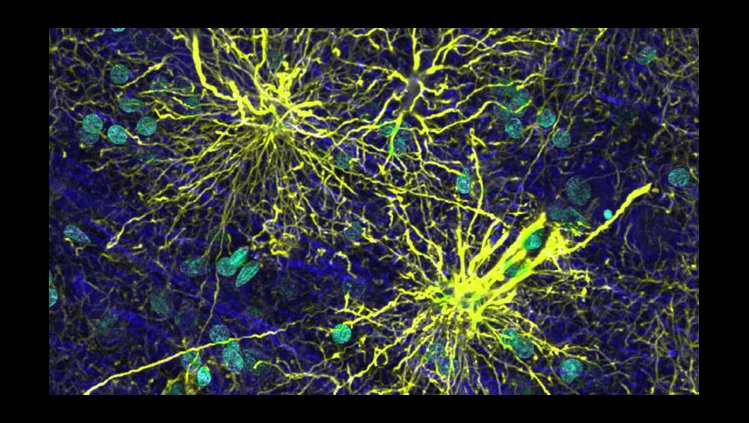
Because many of these diseases involve proteins that misfold and clump abnormally, lasers are used to measure whether proteins are clumped inside cells that have been robotically distributed into tiny containers, along with the small molecules to be tested. A machine then scans the containers and reports whether particular drugs have changed the protein clumping. Those drugs that are identified can then be tested further. New leads for drugs to treat Alzheimer’s and prion diseases have recently been described using these methods.
Several neurodegenerative diseases are caused by the accumulation of abnormal proteins. If the cells made many fewer such proteins, then the disease presumably would progress much more slowly. A new class of potential drugs is based on removing the RNAs that code for the proteins that are causing damage. Mouse models of Huntington’s disease and ALS appear to have responded positively to such treatments, which are delivered via gene therapies.
CONTENT PROVIDED BY
BrainFacts/SfN


